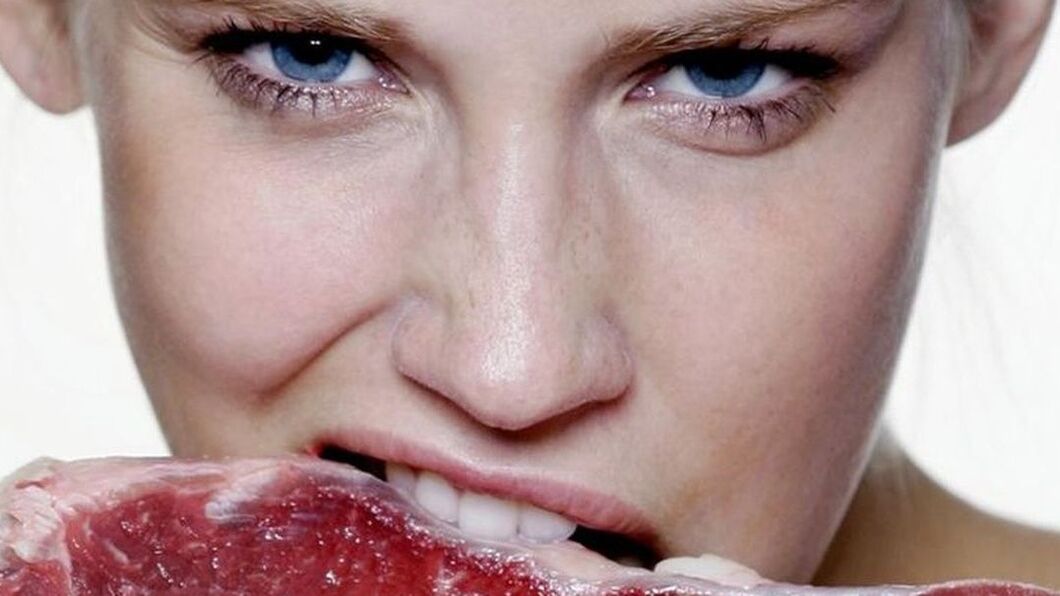
So, the keto diet is magical. There were so many rumors and speculations surrounding her, so many hopes pinned on her, so many hours spent sitting on the toilet because of her. Keto advocates preach the rapid melting of fat glaciers, incredible performance, mental clarity, etc. v. and such. with the same spirit. We don't know where this data comes from because scientists are just starting to study this diet under the microscope.
Let's discuss all the pros and cons of a low-fat diet.
Essence for beginners: simply put, what it is
Let's clarify an important point right away: a high-fat diet (ketogenic diet) is still not a low-carbohydrate diet, it is essentially a super high-fat diet.
The keto diet is a low-carb diet for weight loss with a moderate amount of protein in the diet and active consumption of fats.
If you are counting calories, the calorie % distribution would be:
- 80% of calories come from fat,
- 15% protein kcal. ,
- The remaining 5% is carbohydrates.
That is, at least 75% of the calories in your diet must come from fat; Possible sources are eggs, bacon, sausage, butter, vegetable oil, coconut oil, butter.
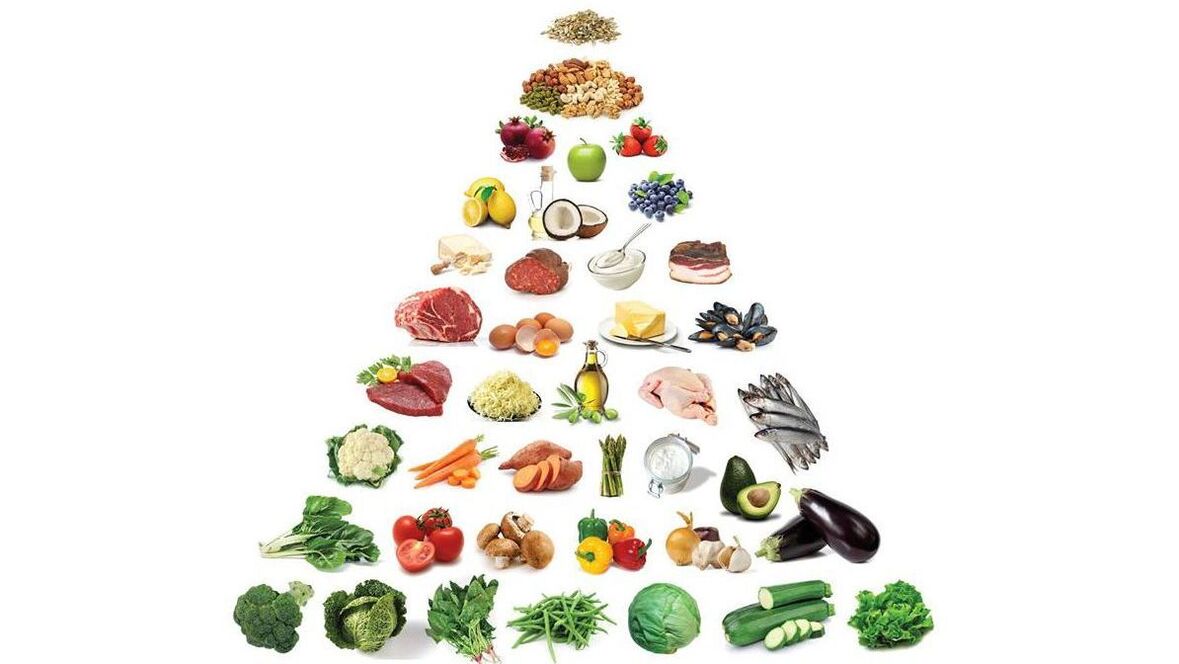
We also want to note that this is not a diet based on animal fats as the so-called. Completely meat-based diet, not at all! Vegetables are consumed but starchy vegetables such as potatoes are avoided in moderation or completely.
What is important to know for beginners? Simply put, what is a "fat diet"?
So, the essence of the ketogenic diet is very simple in words. With such a nutritional system, the body will enter a state called "ketosis" and begin synthesizing ketones for further energy production (hence the name "ketogenic" diet) and the metabolic process. Such changes are only possible if carbohydrate intake is strictly limited.
Our body can fully meet its needs from stored fat. But a lack of carbohydrates is terrible for our brain and nervous system, which need glucose: the brain cannot use fatty acids for energy.
When we skip carbohydrates, the body, in order not to stretch its legs, begins to deform and produce carbohydrates instead - ketone bodies.
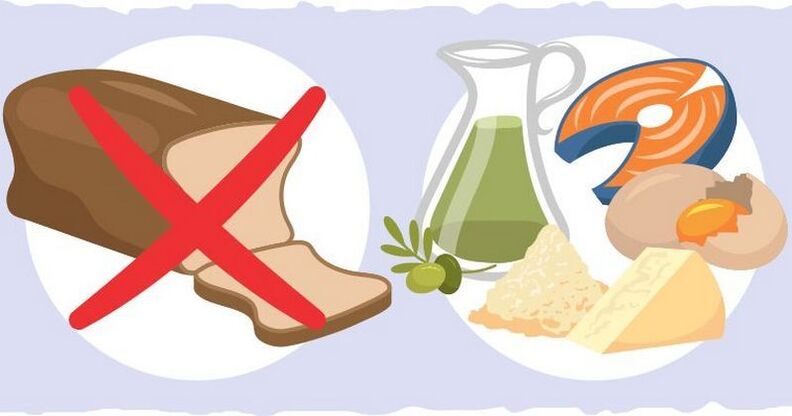
Ketone bodies are organic biological molecules, soluble in water, synthesized in the liver from fatty acids when food intake (especially carbohydrates) is reduced. Once transported to extrahepatic tissues, these biomolecules can be used as an energy source.
Ketone bodies are continuously synthesized in small quantities in the human body, but typically ketone concentrations are so low that they are not detected in urine tests.
However, as the level of ketone bodies in the blood increases (a condition called ketonemia), they begin to be excreted in the urine (called ketonuria); Ketonemia and ketonuria together indicate that the body is entering a state of ketosis.
The ultimate goal of the ketogenic diet is to put the body into a state of nutritional ketosis (not to be confused with pathological ketosis), ultimately manipulating the metabolism to use fatty acids and ketone bodies as an energy source. main quantity.
In the initial stages, the main thing is not to overdo it with protein intake.
If you eat too much protein (more than 20%), your body will start the process of gluconeogenesis and eventually all the excess protein will be converted into glucose, which will prevent you from getting into ketosis.
Therefore, it is important to choose fatty foods that contain some protein. No need to rely on chicken but buy fatty cuts of beef. Instead of diet turkey bacon, buy regular bacon. Only 20% of your calories should come from protein.
Also remember, you need to drink a lot, a lot. Because the main sign of ketosis is the smell of acetone on your body and breath. Isn't it great?
The fact is that excess fat derivatives excreted by the body create this characteristic odor. Earlier, we discussed that fat energy factories are the most "polluted" places.
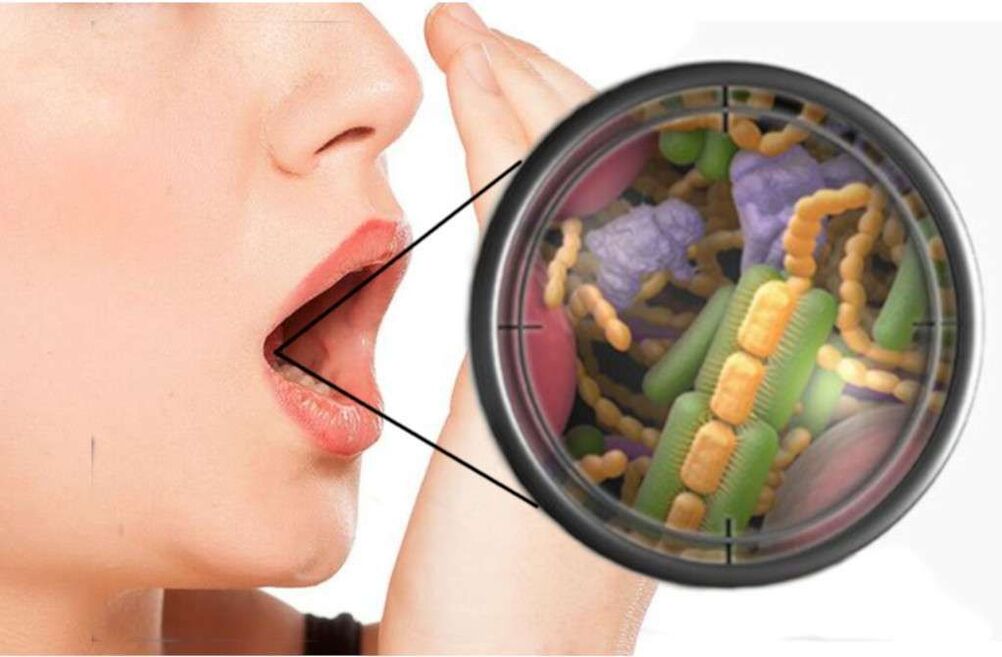
It is not always possible to completely eliminate odors. But most odors can be removed with plenty of clean water.
Those things. When you drink a lot of water (from 3 liters per day), excess ketones will be eliminated through urine and sweat. This will eliminate most post-shower odors. In addition, it improves health (eliminates lethargy).
Fun fact: the keto diet was originally invented for people with epilepsy.
Why we don't recommend: the dangers of eating fat
For one simple reason: this is not a balanced diet. And diets that openly disregard any type of food are completely out of our concept: "Beauty does not need sacrifice, beauty needs health. "What kind of freedom can we talk about in the face of papal pressure when you exclude large amounts of food from your diet? . .

We do not deny that the body can exist more or less in conditions of minimal or complete absence of carbohydrates, provided with enough protein and physiologically necessary amounts of fat, but ideally still ensuringMake sure to get enough of all three nutrients in your diet, I. E. Use a balanced diet to lose weight!
Is it possible to lose weight?
Often, in pursuit of a slim body, people begin to believe all kinds of fairy tales like "eliminate this food group and the weight will go away on its own. "This is where such monsters, such as the paleo diet, are born.
Let's consider with you this interesting question: "Is it possible to lose weight by eliminating proteins, carbohydrates or fats from the diet? "The excellent McDonald's line will help us with this (following are the paragraphsexcerpt from his work).
Imagine that you eat a certain number of calories but get them from different sources: in the first case, you will get them mainly from carbohydrates; the second - from proteins and the third - from fats.
About carbohydrates
Imagine that we get the majority of our calories from carbohydrates. Carbohydrates are rarely converted into fat (a process called de novo lipogenesis) under normal dietary conditions.
There are special situations, such as chronic carbohydrate overeating. This means 700-900 grams of carbs per day for several days.
In this situation, carbohydrates overwhelm glycogen stores, exceeding the number of calories needed for the day, and you end up converting carbohydrates into body fat.
But when you eat more carbs, you burn more carbs and less fat. And that's why, even if carbs don't convert directly into fat, too many carbs will make you fatter.
In general, by inhibiting fat breakdown, excess carbohydrates force you to store all the fat you eat as subcutaneous reserves, leaving you unable to burn existing ones.
That's right, carbohydrates don't directly make you fatter through being stored as fat, but excess carbohydrates still affect your fat stores, making you unable to burn the amount of fat you eat during the day.
This is why exceeding your daily calorie intake by 500 fat calories or 500 carbohydrate calories will make you fat, they just do it for different reasons and in different ways.
An additional 500 calories of fat are simply stored under the skin, and 500 calories of carbohydrates cause all the fat eaten during the day will be stored, because the carbohydrates will be oxidized, not the fat.
Bottom line: When you eat more carbs, you burn more carbs and less fat; When you eat less carbs you burn fewer carbs and more fat. It's surprising, isn't it?
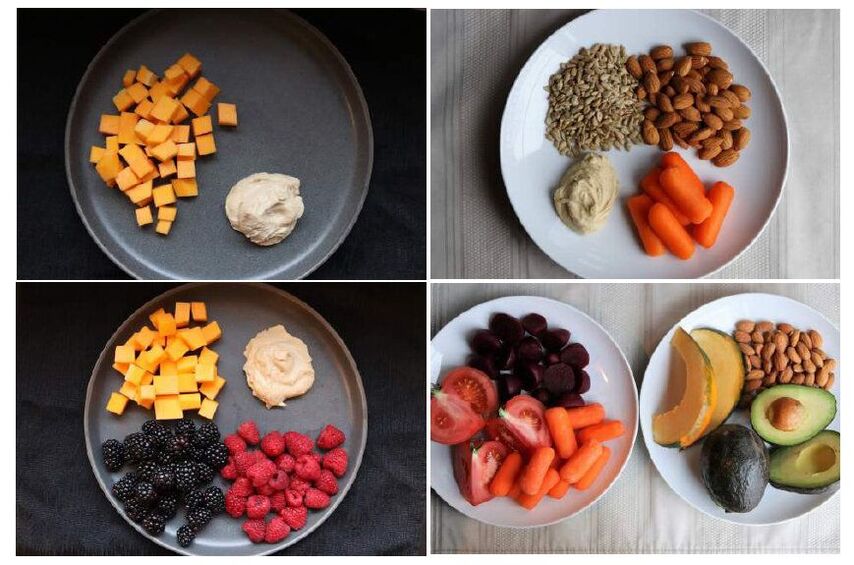
On a squirrel
Protein friend is never converted into fat or stored that way. But if you eat a lot of protein, your body will use it for energy (rather than carbs and fat), which means other nutrients will be stored.
As a result, eating too much protein will make you fat, not directly but because all the fat you eat goes under the skin.
Of course, protein has the highest thermogenic effect, so more calories will be used to digest food. Either way, excess protein is less likely to make you fatter, but if you exceed your calorie balance, you'll still get fat.
But not through the direct conversion of protein to fat, but through a reduction in the amount of other nutrients burned.
Bottom line: if you eat more protein, you'll burn more protein (and therefore less fat and carbs); Eat less protein and you'll burn less protein (and therefore more carbs and fat). Introducing your face, you now clearly look like this:
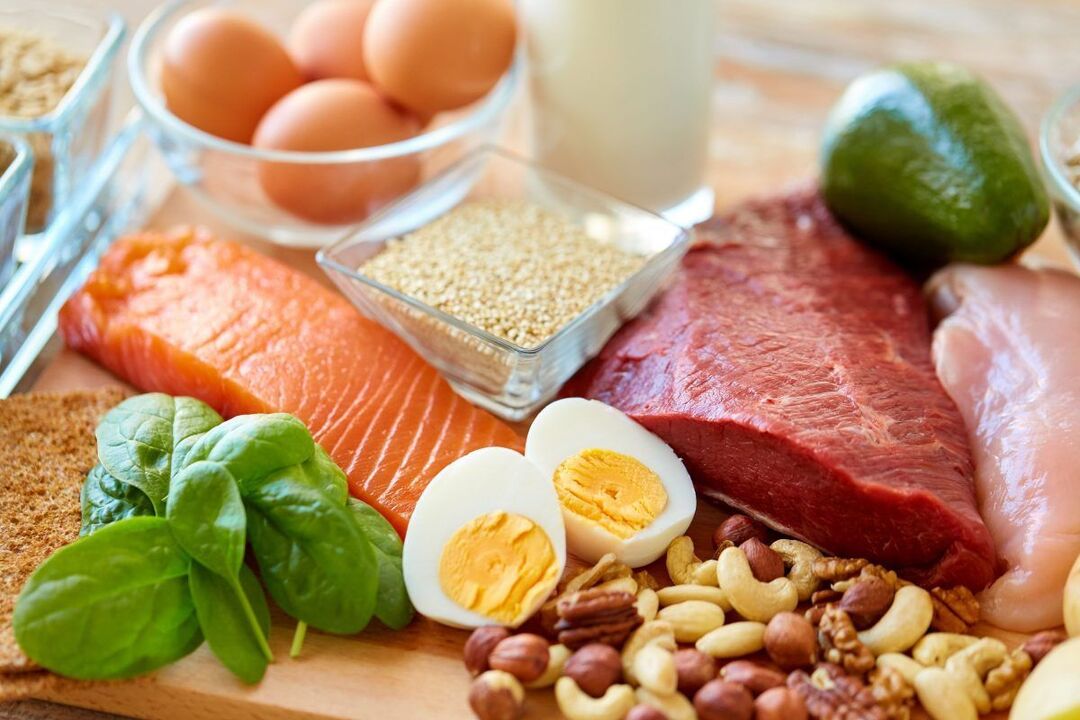
On fat
Fat provided from food is mainly stored. If eaten in large quantities, it does not significantly affect the oxidation process of subcutaneous fat.
When you eat fats, they are destined to accumulate in fat stores, because. . . Their consumption has very little effect on fat oxidation. It also has no significant impact on protein or carbohydrate oxidation.
Overall conclusion: All three options make you fatter, but the mechanisms are different.
The only difference is that fat is stored directly, while protein and carbohydrates force you to store the fat you eat.
Of course, there will be those who misunderstand that low-carb and/or low-protein diets have no advantage over other diets in terms of burning cellulite.
But with these diets, although you burn more fat, you also eat more fatty foods. So the overall fat balance remains the same, despite changes in other ingredients. No matter how you look at it, it all comes down to energy balance and calorie deficit.
You're probably asking a reasonable question, why not stop eating fat?
This is because carbohydrates are converted into fat by de novo lipogenesis. This is when the amount of fat consumed through the diet falls below 10% of total calories consumed. In this case, your body begins the process of creating new fat, so you will still gain weight.
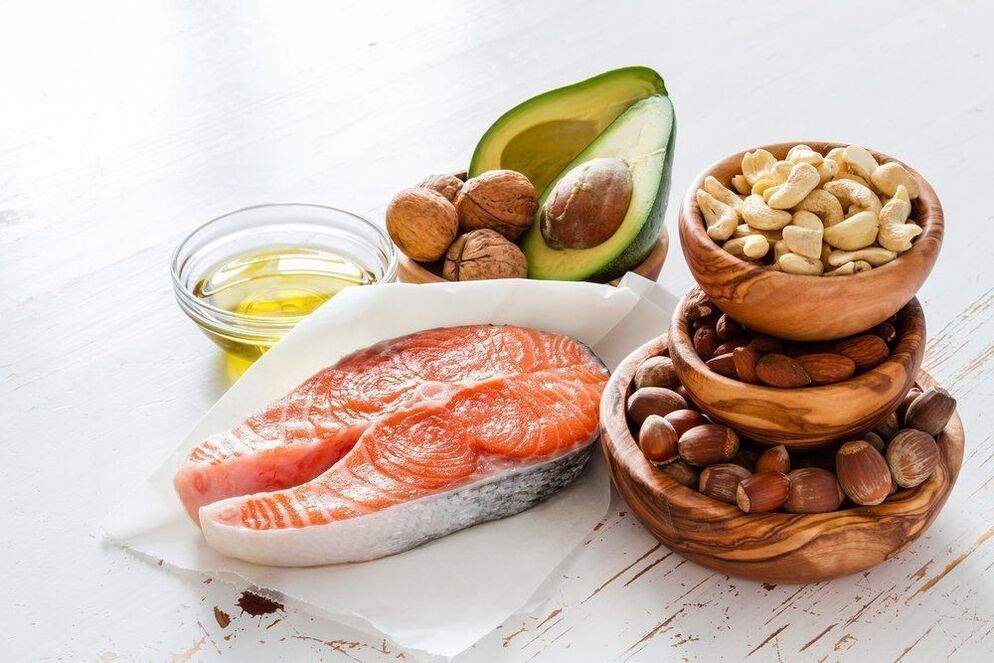
The body is smarter than us. In a state of sufficient fat intake (ie over 10% of total calories), the fate of the fat we eat will be stored in fat reserves, while protein and carbohydrates will be used for other processes.
And when the amount of fat consumed is too little, the body begins to convert carbohydrates (and most likely proteins, although less often) to store them as fat.
Lie or truth
Of course, under certain conditions, the keto diet will work and you will lose weight. But it's not about her, it's not about fat or about a special menu. In fact, you will eat less!
That was the time they vilified diets but people didn't believe it: and rightly so, because diets work!
For example, here is a meta-analysis of about 50 studies comparing 11 popular diets that can be grouped: low-carbohydrate (Atkins, South Beach, Zone), low-fat (Ornish, Rosemary Conley), balance (Jenny Craig). , Nutrisystem, Weight Watchers ).
It turns out (surprisingly) any diet for weight loss is better than no diet.
After six months, low-carb dieters lost more weight. But the overall difference in weight loss (index difference) between all diets was negligible: a few hundred grams.
For example, with a low-carbohydrate diet for 6 months, the average weight loss was 8. 73 kg and 7. 25 kg over 12 months, and with a low-fat diet it was 7. 99 kg over 6 months and 7 months. , 27 kg in 12 months.
Research has shown that compared to calorie-restricted diets, low-carb diets may be slightly more effective at short-term weight loss.
This is partly due to reduced glycogen stores in the body (in the liver and muscles) and associated fluid loss (about 2 kg total for a typical adult). However, as we can see, in the long run there is little difference between them.
A study comparing low-carb and low-fat diets over the past 2 years found no significant difference in weight loss between the two diets.
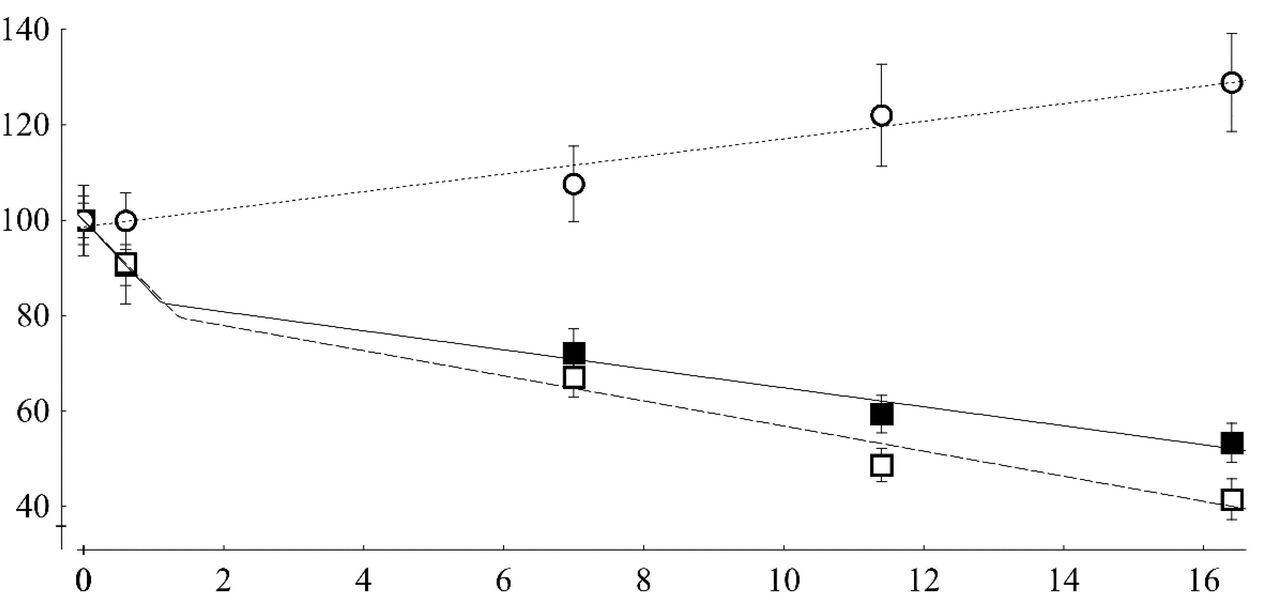
By the way, please note that the diet is most effective in the first six months. And after a year, the weight began to increase. A striking example of metabolic adaptation.
Benefits and effects
The ketogenic diet does not make people hungry and does not deprive people of calories. Roughly speaking, we just need to compensate for the reduced carbohydrate intake with protein and fat.
Of course, this does not mean that by sharply reducing the amount of carbohydrates, you can overeat fatty and protein foods. Calorie intake must be kept within normal limits. Another undoubted advantage of the keto diet is appetite control.
Many people who have been on one diet or another know that the strongest cravings come only during the diet. The keto diet helps eliminate hunger. Foods rich in fat and protein, which the keto diet is rich in, allow a person not to have intense cravings, and at the same time lose weight.
Harm
Since the ketogenic diet focuses on fatty foods and proteins, digestive disorders can occur - heaviness in the stomach, bloating, constipation.
This is because the diet contains almost no fiber found in bread, potatoes, fruits and vegetables. To avoid digestive problems, you should consume certain vegetables and fruits in minimal quantities. For example, cabbage and sour grapes are suitable.
Another disadvantage of the keto diet is the unpredictability of glucose deficits. It is unknown how your body will function if you deprive yourself of such an important source of energy.
It will take time for the body to convert to ketones. As a rule, during the first week a person feels discomfort, dizziness and general weakness. It is important to stick with it for at least 21 days to see the results of the diet.
Reductions in micronutrient intake (vitamins/minerals, etc. ) are common with any low-carbohydrate diet, because the majority of micronutrients come to us from carbohydrate foods. Therefore, you need to use vitamin-mineral complexes.
A decrease in acidity in the blood occurs as a reaction due to an increase in the amount of ketones in it.
If you have problems with carbohydrate metabolism (eg diabetes), vomiting and ketoacidosis may occur. In a healthy body, ketones are used without any consequences. By the way, the smell of acetone confirmed this (a sign of ketone use).
We've seen ketosis enthusiasts flock to the comments screaming "I've been in ketosis for 116 days and I'm more active than ever! " Let us know what they think. I, ketosis are worse than vegetarians in online battles. Not all, but for some reason a lot.
Look at any article on the subject, and you'll see how they dump buckets of dirt on the author, simply because he doesn't write articles praising fat. We always advise them to eat buckwheat and calm down.
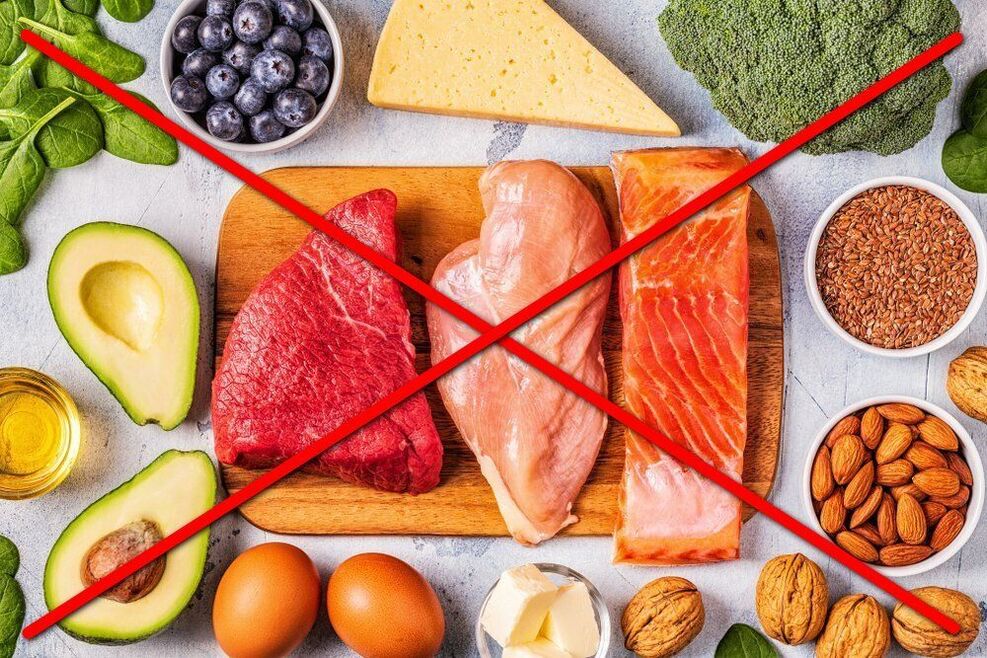
This probably comes from a person projecting their own internal, personal struggles onto others. This is especially common in nutrition/sports/religious issues. For example, a person's mind is forced to constantly argue with many factors, and such a person seeks to loudly speak out against them in a dispute with an external opponent, in order to feel like a human being. win.
Another example is that a person new to a certain food system will suppress his own doubts in such disputes. In short, these people are not arguing with you but with themselves, best not to bother them, they will bite you to death, you are made of protein and fat.
In addition, if you personally "everything is a lie, I do not eat coal and feel great", this does not mean that this also happens to others! An individual's personal experience cannot prove or disprove anything.
Why? Yes, because your "personal opinions" and judgments are a cart and a cart and each person is different. Who will you trust, who has the nicer nickname?
Contraindicated for use
For any deviations in health, any diet or exercise regimen should be adopted only after consulting a doctor. People with kidney, digestive, and intestinal diseases should not follow the keto diet.
Lack of glucose at first greatly affects brain activity, so such a diet is undesirable for mental workers.
And by the way, the American Dietetic Association does not recommend the keto diet due to ketoacidosis but recommends other diets that are higher in carbohydrates.
Reference: Diabetic ketoacidosis is a variant of metabolic acidosis associated with impaired carbohydrate metabolism due to insulin deficiency: high blood glucose and ketone bodies concentrations.
On one hand, the keto diet is very simple but on the other hand, it is very difficult. Of course, everything depends on the chosen form. Some people act so fanatically that the diet ends badly. You cannot ignore the rules of the diet, you need to listen to your body and give it rest. In the end, the most important thing is health, you should not forget it. Think for yourself, decide for yourself.
































